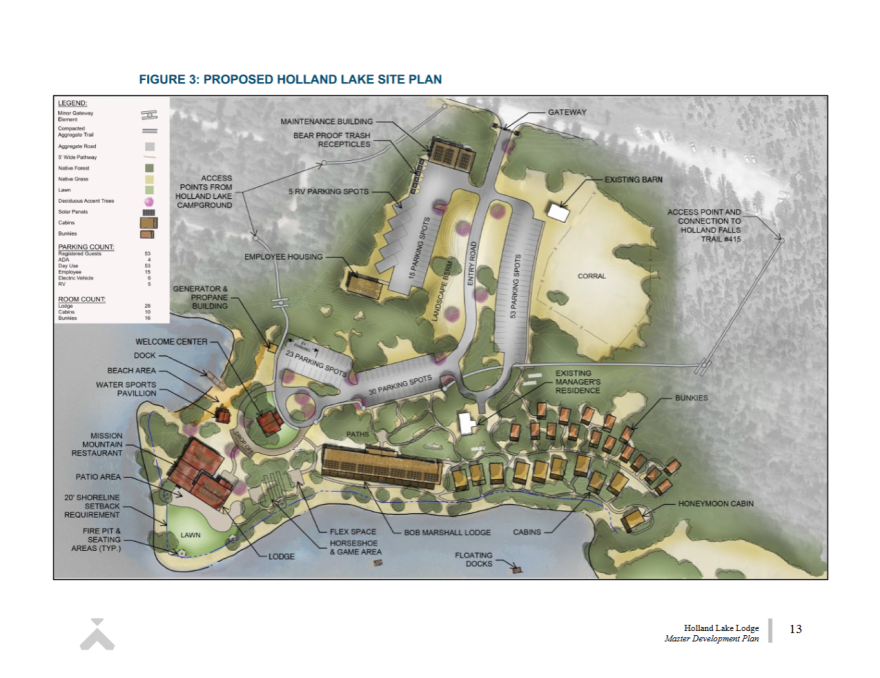“This land is your land, this land is my land.” In 1944 Woody Guthrie made this song famous as the US struggled to lift itself out of the Great Depression and the Second World War. Today those words epitomize a new battle occurring in the American West...one where misguided lawmakers are embroiled in a bitter battle over the future of our public lands. This is land they see fit to exploit and sell to the highest bidder and, sadly enough, Montana is no exception.
Originating out of Utah in the 70s, the Sagebrush Rebellion has slowly spread into western politics and, most recently, the Republican National Committee. In addition, it has become a flashpoint in Republican-led state legislatures and rural communities. The rhetoric emerging out of Utah and the newly famed western outlaw Cliven Bundy, has focused on the transfer of federal lands to the states and, ultimately, selling and privatizing it—all to the highest bidder. This would allow private individuals to reap the benefits of sub-surface minerals, forest products, and wildlife, while locking the public out of lands designated for multiple uses. On the national level, the Republic National Committee approved a resolution, during their winter meeting, endorsing proposals to turn our public lands over to Western states that want them.
Nearly one third of Montana is owned by the federal government and managed under the multiple-use mandate, which includes our national forests, wildlife refuges, national parks, monuments and BLM holdings. That’s a hair more than 26 million acres open for fishing, hiking, biking, hunting and birdwatching. The majority of this land is also managed to turn a profit for private business. The livestock, timber and mining industries all depend on inexpensive federal leases and permits to turn a profit. It’s a balancing act that most Montanans are well aware of and respect. Everyone benefits from public lands.
For those living in the eastern part of the country, the concept of public land is a foreign concept. A mere 5% of lands east of Montana are in public ownership. Private lands and waters are the status quo in most of these states, where outdoor opportunities are limited and natural resource extraction and privatization of wildlife is the status quo. In the West, the outdoor economy is a big deal. The reason people visit the West and make their lives in the West is because of the opportunities public lands allow. According to the Outdoor Industry Association, outdoor recreation generates $646 billion to the national economy. Hunters and anglers, the vast majority of those recreating on public lands, contribute $90 billion a year, according to the US Fish and Wildlife Service.
Under a bill passed in 2013 by the Montana legislature, the Environmental Quality Council has been reviewing the complex web of legal issues and economics under which public lands are governed. This includes what it would look like if federal lands were transferred to the state. At first glance this seems reasonable, until you look at the current management function of state lands. State lands are never managed for the benefit of the public. They are managed for the benefit of the school trusts. That means maximized yield with no thought towards future generations, wildlife or those of us who have an interest in securing an outdoor heritage for future generation. The proponents of selling our public lands have a vision of exclusion and corporate profits over the desires of the public.
Some western lawmakers continue to look longingly at North Dakota—a boom state with only 3% of its land federally managed and currently the wealthiest state in the nation—and wonder what would happen if those pesky feds weren’t around to look out for the best interest of the land, people and wildlife? This lustful, fanciful view of energy and resource development is a short-sighted view of prosperity in the West. Our most valuable natural resource is a shared landscape that we can pass on to future generations. This land was made for you and me.
This is Kit Fischer with the National Wildlife Federation, thanks for listening.

